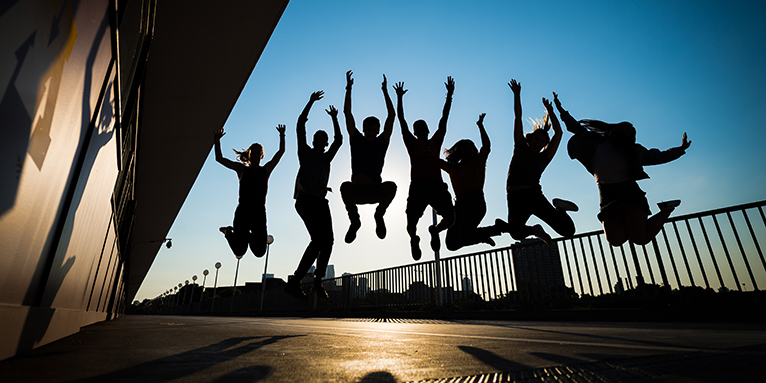
“Our ultimate objective in learning about anything is to try to create and develop a more just society than we have seen.” -Yuri Kochiyama
Science, democracy, and the wellbeing of our communities are inextricably intertwined. As scientists, CBS students and graduates hold both a unique ability to understand scientific information, and the responsibility to understand the real-world implications of science Through community engagement programming, CBS strives to provide students with resources and opportunities to act and engage at the intersection of these two spaces. This knowledge should be utilized to serve and solve problems impacting our communities.
Socially Responsible Science Seminars
Each semester CBS hosts a Socially Responsible Science seminar where students have an opportunity to examine the intersection of a specific topic and its social impact while developing skills to successfully address more broad challenges our world and communities face that exist within science, civic engagement, and social change.
Some topics examined in past seminars include:
- The opioid epidemic
- Promoting scientific literacy
- Opportunities for civic engagement as a scientist
To learn more about this semester’s Socially Responsible Science seminar, check out our Events page.
Case Study Competition
Expand your collaborative-leadership and problem-solving skills, gain experience presenting scientific findings, and think about meeting the needs of communities with science through the CBS Case Study Competition.
The annual CBS Case Study Competition, held at the beginning of the spring semester, is a fun one-day event that gives students an opportunity to work in teams to explore the intersection of community and science and come up with an innovative solution to a challenge facing today's scientists. Teams of 3-4 students will be presented with a scientific challenge in either healthcare/public health or ecology and the environment and will have time throughout the day to research the topic and create a solution that addresses the challenge. Members of CBS faculty and staff serve as coaches to support student teams during the event. At the conclusion of the event, teams present their solutions to the judges and winning teams are selected for each category. All members of each winning team receive a cash prize!
Community engagement
Market Science is a collective of scientists from the University of Minnesota and around the Twin Cities sharing science through hands-on learning activities for kids, answering scientific questions for market goers, and creating conversations between researchers and their communities.
Center for Community-Engaged Learning (CCEL) focuses on immersing students in the local community through volunteering, service-learning classes, and other unique experiential opportunities. CCEL works with partners to provide opportunities for students to engage in off-campus experiential learning through community work and place-based educational programs. Schedule an appointment with a CCEL advisor to get support in connecting with a service site in the Twin Cities community.